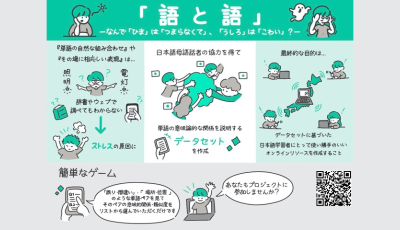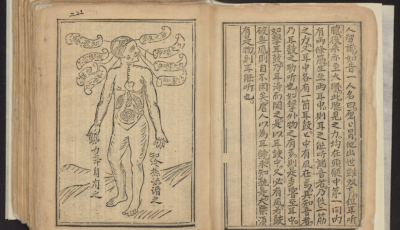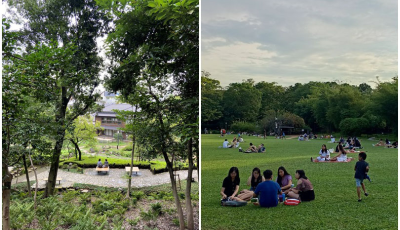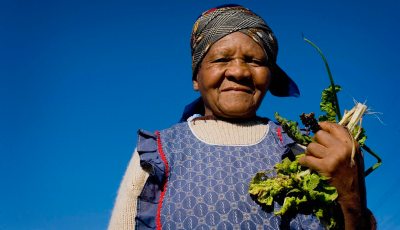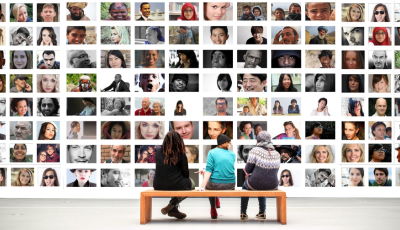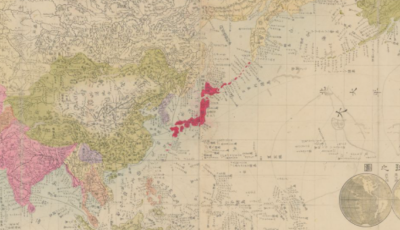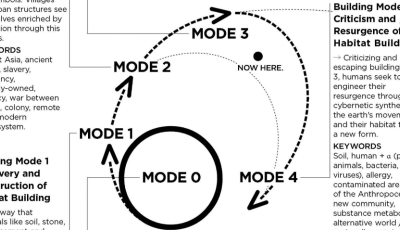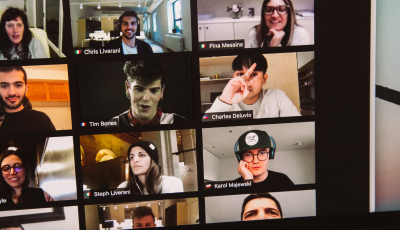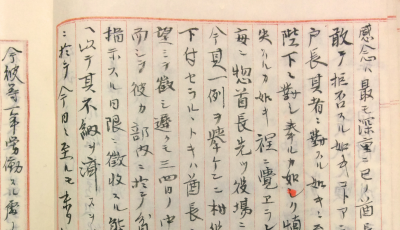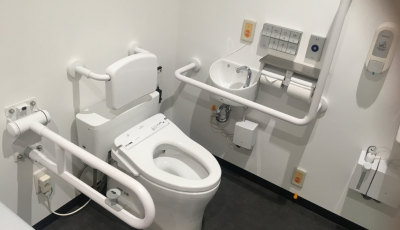Possibilities of Philosophical Dialogue in Mental Health and Medical Welfare by Drawing on the Efforts in Italy

Research Summary
In Italy (mainly Trieste), the practice of philosophical dialogue has been introduced into the field of mental health and social welfare in a context different from that of so-called therapeutic purposes, together with medical professionals and people involved in local mental health centers. This initiative is not only an important reference point for the future of this field, but also extremely meaningful for the future development of philosophical practices. Therefore, this study aims to fundamentally examine the possibility of philosophical dialogue practice in the field of mental health and welfare, based on a close network (research system) with Italian healthcare professionals and philosophy practitioners, and to construct a model of philosophical dialogue practice that is appropriate for the field of mental health and welfare in Japan.
Research Objectives
Based on the concept of “philosophical practice,” which has been gaining momentum since the 1980s, the purpose of this study is to 1) theoretically examine the possibility of a “non-therapeutic” approach to philosophical dialogue practice in the field of mental health and medical welfare by comparing it with “therapeutic” approaches such as psychotherapy; 2) to examine the possibility of a non-therapeutic approach to philosophical dialogue practice in the field of mental health and medical welfare. In addition to the theoretical verification of the possibility of this approach in Italy (especially in northern Italy, centered on Trieste), we will also examine the details of the attempts to insert philosophical dialogue practice into local mental health and welfare policies to develop unique mental health and welfare activities. We will clarify the details of these attempts, which are based on a meticulous network with local medical professionals, patients, family associations, philosophical researchers, and practitioners, and introduce them in Japan, including a reexamination of their possibilities. 3) Finally, based on the above results, we will aim to build a model of “philosophical dialogue practice” that is appropriate for the field of mental health and welfare in Japan, taking into account the current situation in Japan.



